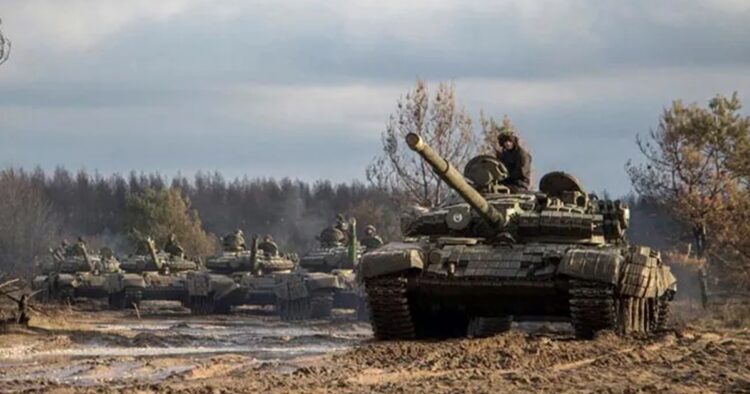In a response to relentless Ukrainian shelling and drone attacks, authorities in a Russian border region have announced the expansion of school closures and a major evacuation plan. The announcement came as Kyiv’s forces continue their campaign of long-range strikes, aiming to put pressure on the Kremlin.
The intensifying conflict has led to closures of schools and colleges in the Belgorod region, with authorities citing ongoing shelling causing deaths and injuries among the local population. Regional Governor Vyacheslav Gladkov announced that schools in and around Belgorod city would close early before the scheduled holidays, with universities and colleges transitioning to remote learning.
These measures follow plans to evacuate approximately 9,000 children from the region, which comes just days after Russia’s presidential election, in which President Vladimir Putin extended his rule in a widely criticized landslide victory.
Despite the ongoing attacks, official voting turnout in the Belgorod region remained high at 87%, with Putin securing 90.66% of the vote, according to official reports. However, Ukraine and its Western allies have denounced the election as a sham.
The recent escalation of conflict has seen Ukraine targeting Russian soil, causing embarrassment to the Kremlin. A significant incident occurred on December 30 with an artillery strike on Belgorod city center, resulting in the death of 21 people, including children.
In response to the escalating violence, Putin pledged support for civilians in Belgorod who have lost their homes and businesses, emphasizing the priority of ensuring safety in the region.
The Defense Ministry reported intercepting 13 Ukrainian rockets over the Belgorod region, resulting in casualties. Furthermore, Ukrainian drones targeted the city of Engels, approximately 800 kilometers east of the Ukrainian border, with the Defense Ministry claiming to have downed four drones.
Military experts suggest that Ukraine’s long-range strikes on Russia aim to create challenges for the Russian state, yet highlight the need for increased Western support to prevent a potential breakthrough by Russian forces on the front line.
While the European Union plans to allocate funds from frozen Russian assets to aid Ukraine, the United States remains a crucial military supplier. White House national security adviser Jake Sullivan expressed confidence in securing bipartisan support from Congress for aid to Ukraine, acknowledging the urgency of the situation.
Meanwhile, the Czech government has taken steps to procure artillery shells for Ukraine, with confirmed purchases and promises for substantial quantities. Officials anticipate the delivery of the first batch by June at the latest.
Amidst the escalating violence, casualties continue to mount on both sides, with reports of multiple deaths and injuries in Russian attacks on Ukrainian cities and villages. The conflict shows no signs of abating, underscoring the urgent need for international intervention and support for Ukraine.

















Comments